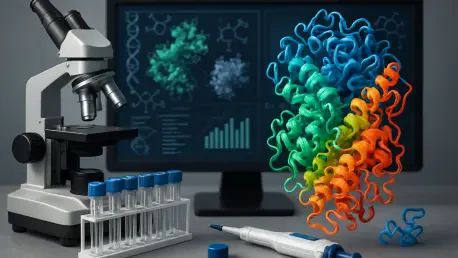
In the rapidly advancing world of biotechnology and medicine, protein engineering stands as a cornerstone for innovation, yet it faces persistent challenges in designing proteins with precise, tailored functionalities that meet specific needs. For years, scientists have wrestled with the

In the high-stakes world of intensive care units (ICUs), severe community-acquired pneumonia (CAP) stands as a formidable adversary, often demanding prolonged hospital stays and extensive resources like ventilatory support, especially among older adults. This condition, contracted outside hospital
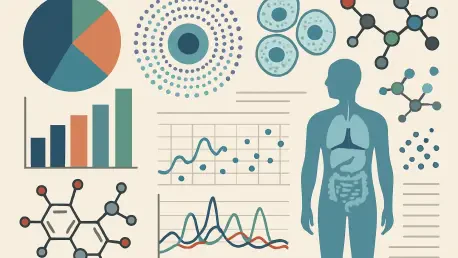
Could a single drop of blood hold the key to predicting life-altering diseases before they even strike, and could this possibility redefine the future of medicine? This question is no longer a distant dream but a tangible reality thanks to one of the most ambitious scientific endeavors in recent
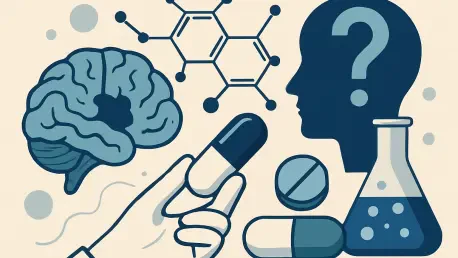
In a world where the global population is aging at an unprecedented rate, with projections estimating that nearly a quarter of humanity will be over 65 within the next two decades, the urgency to address age-related diseases like Alzheimer’s has never been more critical, posing immense challenges
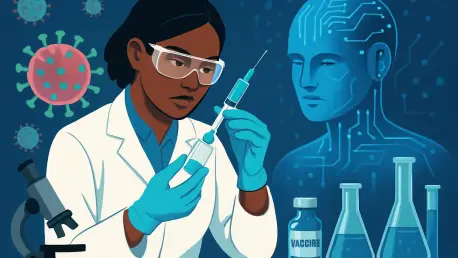
Could a machine hold the key to ending one of humanity’s most persistent health crises? At Scripps Research, a staggering $1.1 million investment in artificial intelligence (AI) is igniting a new chapter in the fight against HIV, a virus that continues to impact over 40 million people worldwide.
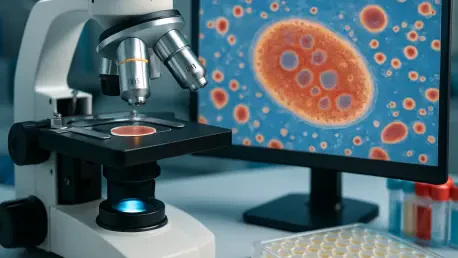
Across the globe, millions of people lack access to timely and accurate disease diagnosis due to the high costs and invasive nature of traditional medical testing, often leaving critical conditions undetected until it’s too late, a challenge that has spurred remarkable innovation. A pioneering